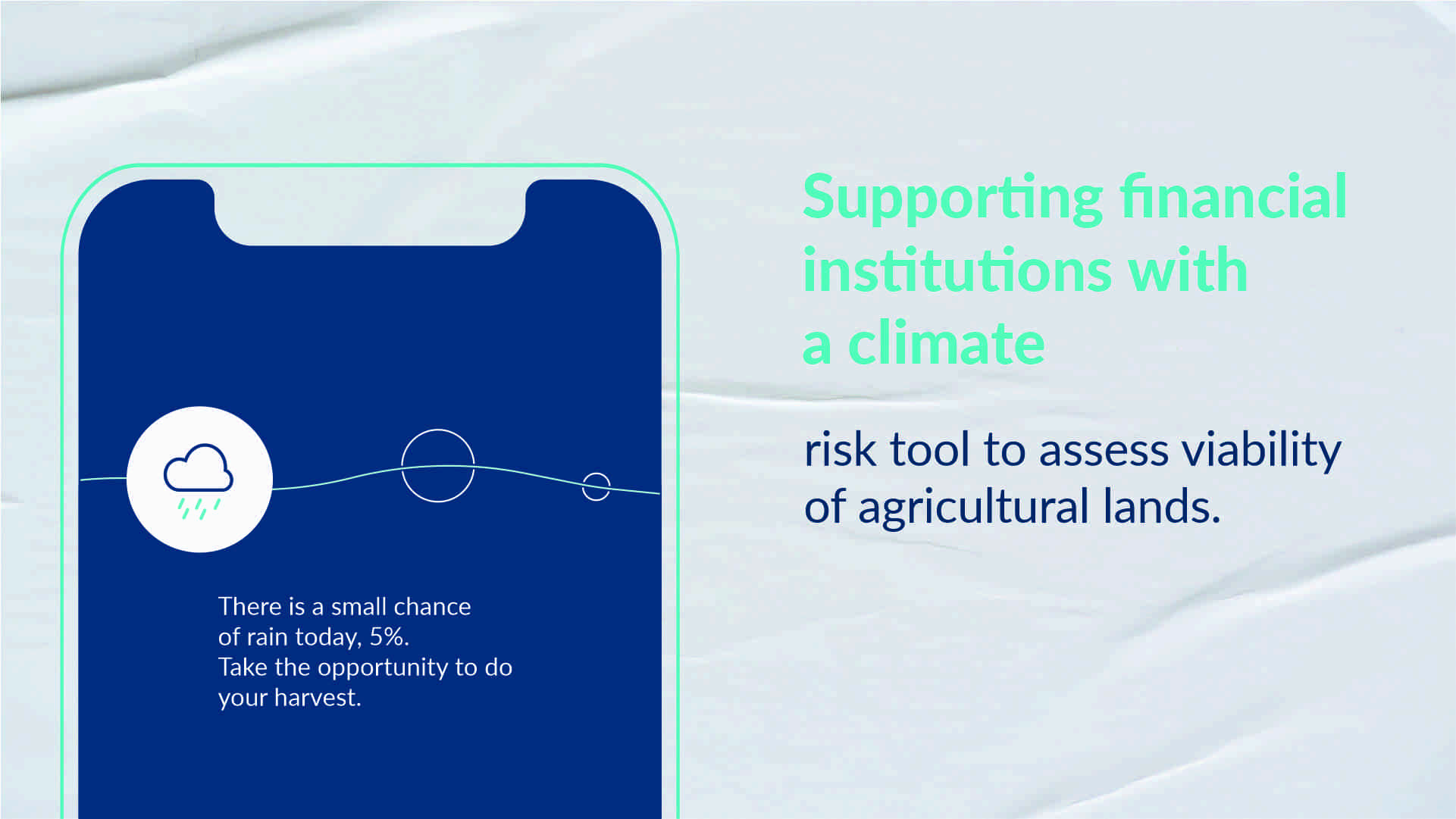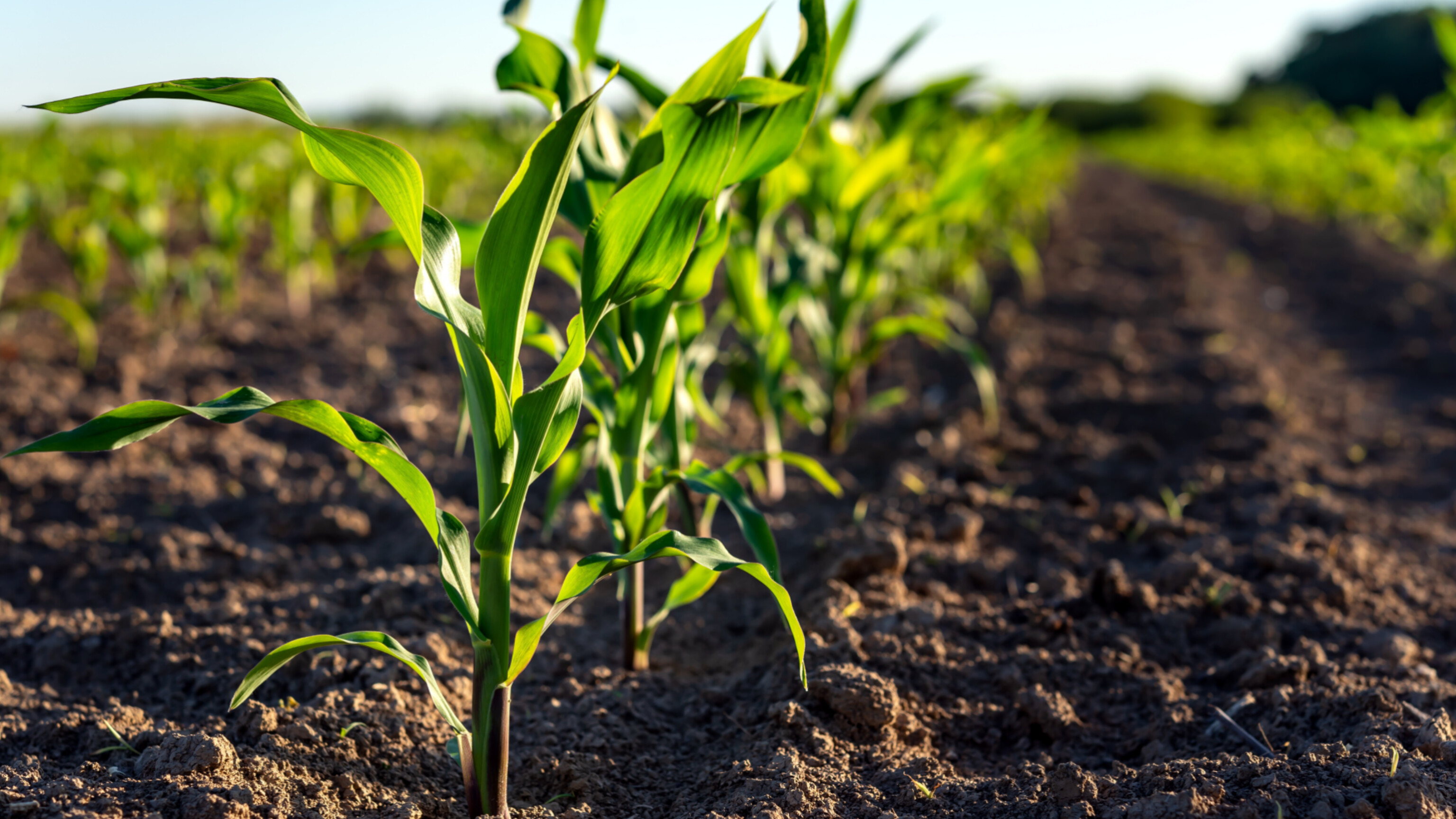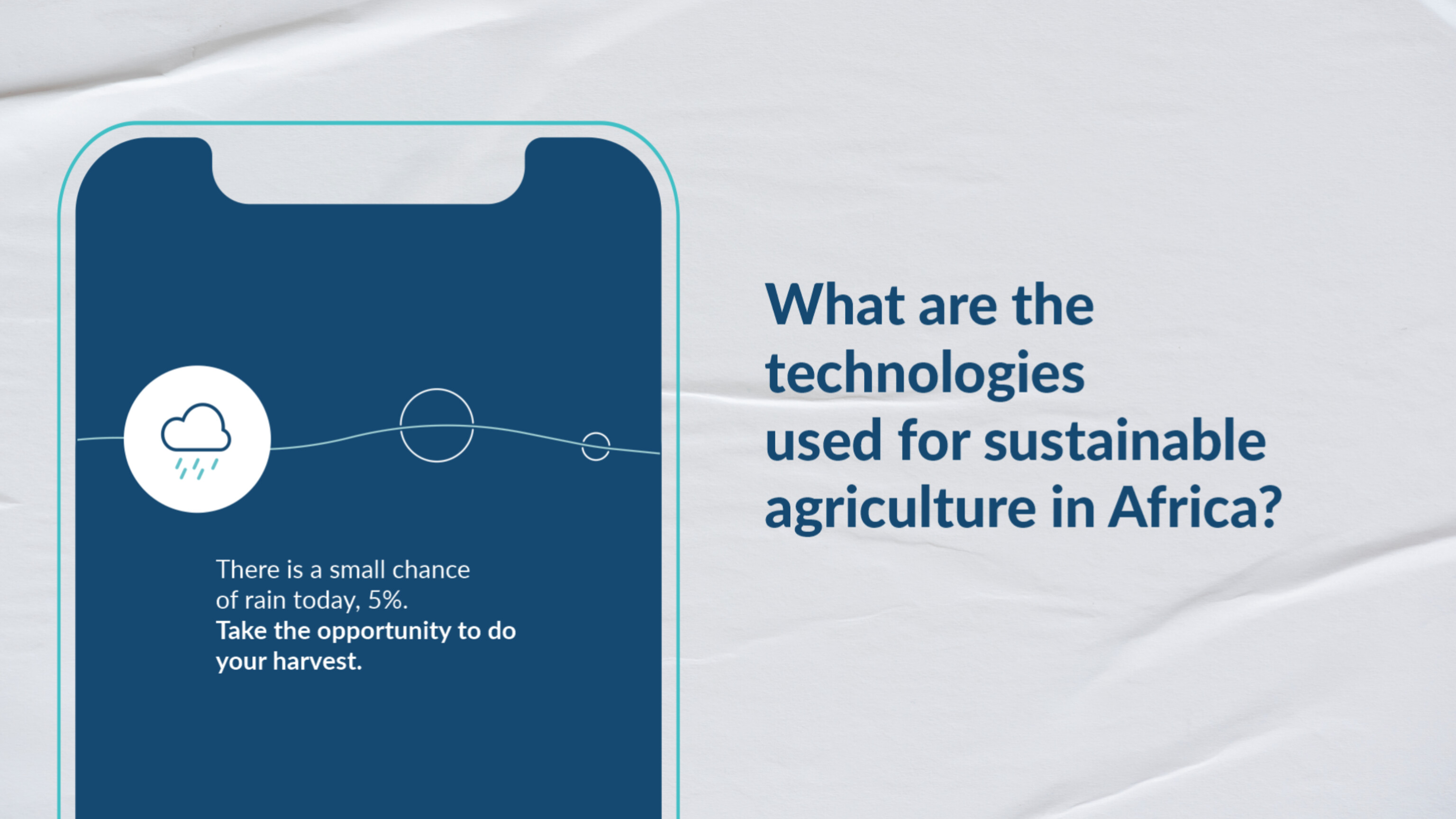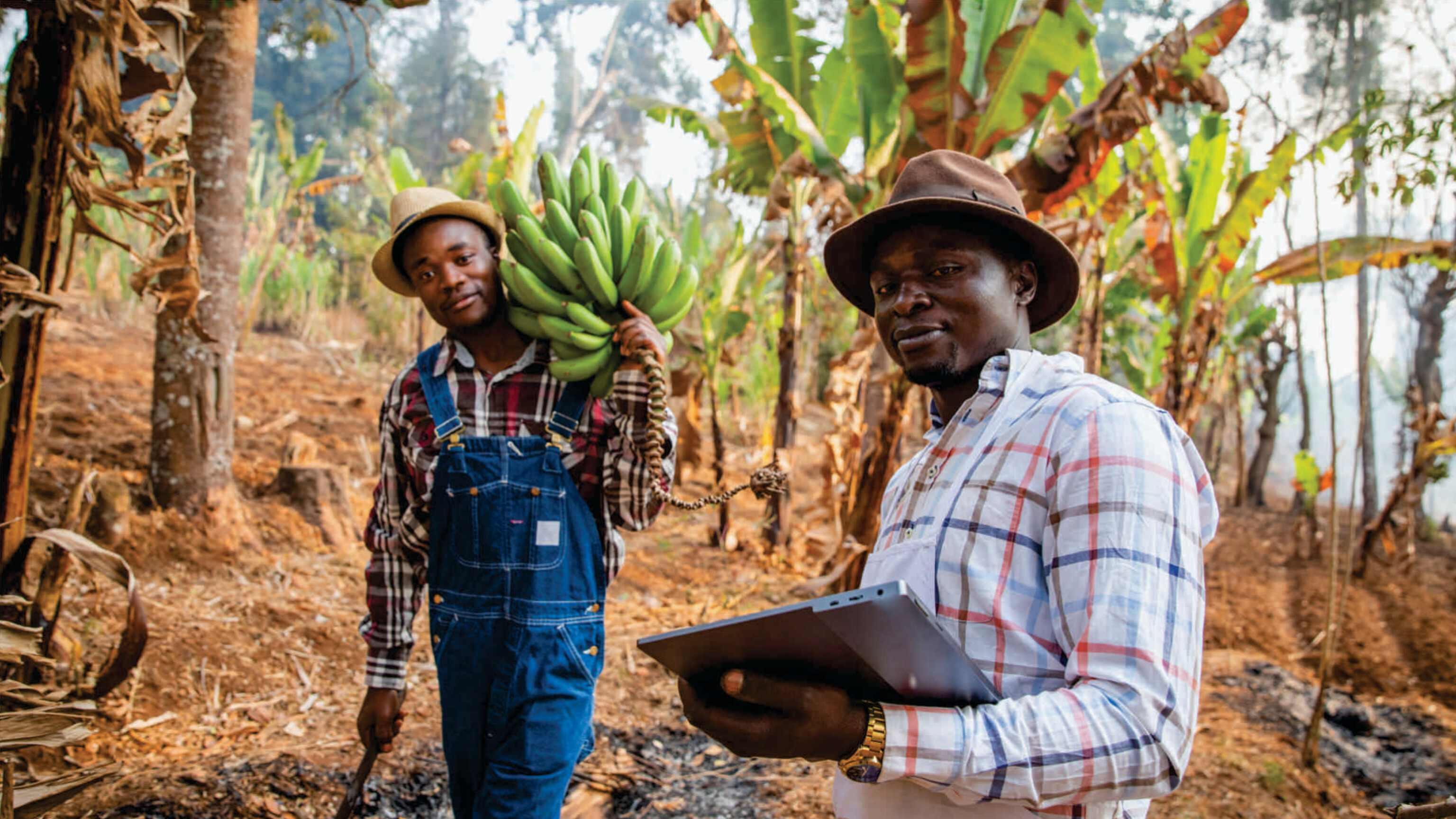If you are a green thumb, you must have gone through the ups and downs of farming, regardless of the crop. However, every green thumb’s daily mantra is never to give up. Yearly, those who grow crops face a huge challenge of post harvest losses, especially those who produce highly perishable crops. In this article, there is tons of information about the causes, impacts, and solutions of climate change in Africa. Let’s have a look.
Climate change is known to have vast effects on agricultural productivity, postharvest losses, and value chains. Climate change has both direct and indirect effects on agricultural productivity. Directly, it brings about changes in agro-ecological conditions like drought and other extreme weather occurrences. Indirectly, climate change gives rise to new pests and diseases.
The impact of post-harvest losses is multi-dimensional and far reaching. Across the globe, approximately 14 percent of the world’s food, valued at $400 billion, is lost on an annual basis between harvest and the retail market (FAO 2019). At the same time, an estimated 17 % of food is wasted at the retail and consumer levels (UNEP, 2021).These losses occur during storage, both at the farm and market, during processing i.e., winnowing, drying, or threshing, or during transportation from the farm to the market. These losses eventually reduce the amount of food available, which in turn hikes prices and reduces farmers’ income.
Furthermore, yearly, we have about 4.4 gigatonnes of greenhouse gas emissions that are caused by food loss and waste. This is inclusive of the energy used in producing, transporting, and storing the ultimately lost or wasted food and agricultural emissions on the farm.
What challenges do farmers in Africa face when it comes to post harvest losses?
1. Poor infrastructure and basic logistics
Most of these African farmers lack access to basic logistic facilities and services such as transport, packaging materials and proper storage. In addition, farmers might not have proper access to the market and they might be forced to sell their produce at very low prices.
For instance, farmers who produce tomatoes usually find it hard maneuvering through the market during dry seasons that run from November to early March. During this period, the market is usually flooded with tomatoes, making it hard for them to sell. Eventually, they opt to sell the tomatoes at a throw-away price before they become perishable.
2. Low quality farm inputs
Most of these farmers tend to use generic seed varieties, which have a short shelf life after harvest. The value of the seeds allows the farmers to produce high-yielding crops if the quality of the seeds is excellent.
Seed determines the potential to produce the desired quality, healthy, and high-yielding crops at low planting rates. There is nature’s pressure against the quality of seeds used in farming.
Efforts are being made to produce best quality seeds with a longer shelf life to curb these losses. In addition, proper technical management is required for all seed operations.
3. Lack of awareness
Lack of awareness regarding post-harvest losses is one of the reasons why smallholder farmers face high post-harvest losses and low productivity. This can be combated by use of plastic crates, preservatives, and cold-chain storage and/or transport. However, the problem here is to reduce losses incurred in post-harvest, especially to smallholder farmers.
4. Limited access to financial opportunities
Lack of adequate access to finances, combined with a poor supporting environment, reduces the buying power of farmers and all those who are interested in this value chain.
Understanding the immensity of postharvest losses, where the losses occur, and the impacts of these losses can easily guide farmers and scientists to assess the impact of efforts to reduce loss. With our accurate weather forecasts, farmers can come up with efficient strategies and invest in profitable postharvest programs.
The role of ignitia in combating post-harvest losses in Africa
Post-harvest losses have long plagued agricultural systems in Africa, undermining food security, economic growth, and sustainable development. In Africa, where farming forms the backbone of many economies, these losses have particularly devastating consequences.
However, amidst this challenge, a groundbreaking solution has emerged: Ignitia’s weather forecasting technology and climate smart advisories is proving to be a game-changer in the fight against post-harvest losses on the African continent.
Precision Harvest Timing:
One of the critical contributors to post-harvest losses is improper harvest timing. Ignitia’s accurate weather forecasts help farmers determine the optimal time to harvest their crops. By identifying periods of low humidity, reduced risk of rainfall, and favorable weather conditions, farmers can ensure timely and efficient harvesting, minimizing the chances of spoilage due to rain-induced damage or deterioration.
Crop Storage Decisions:
Proper crop storage is vital to prevent losses after harvest. Ignitia’s forecasts enable farmers to anticipate adverse weather conditions, such as high humidity or temperature spikes, which can spoil stored crops. Armed with this knowledge, farmers can make informed decisions about storage methods, ventilation, and temperature control, reducing post-harvest losses and preserving the quality of their produce.
Transportation Planning:
Transportation challenges in rural Africa often exacerbate post-harvest losses. Ignitia’s weather predictions help farmers plan transportation more effectively. By avoiding transportation during heavy rain periods or extreme heat, farmers can protect their perishable produce and ensure it reaches markets in optimal condition.
Reducing Fungal and Pest Damage:
Fungal infestations and pest attacks are major contributors to post-harvest losses. Ignitia’s weather data aids farmers in predicting conditions conducive to pest outbreaks and fungal growth. Armed with this information, farmers can implement timely interventions, such as applying appropriate pesticides or using natural pest control methods, reducing crop losses caused by pests and diseases.
Enabling Value-Added Processing:
Ignitia’s long-term forecasts facilitate value-added processing decisions. For instance, when forecasting an extended period of dry weather, farmers can seize the opportunity to sun-dry fruits, vegetables, and other produce, adding value and extending their shelf life without the risk of spoilage due to rain.
Climate-Resilient Farming:
As climate change brings more weather uncertainties, farmers need to adopt climate-resilient practices. Ignitia’s forecasts empower farmers to adapt their farming methods to changing conditions. For example, in regions experiencing prolonged droughts, farmers may shift to drought-resistant crop varieties or adopt water-saving irrigation techniques, ensuring sustainable production and reducing post-harvest losses.
Real-Life Success Stories:
In Malawi, smallholder farmers using Ignitia’s forecasts significantly reduced post-harvest losses of perishable vegetables by timing their harvests during favorable weather conditions. This led to increased incomes and improved food security for the farming communities.
In Nigeria, a pineapple farmer avoided significant post-harvest losses by using Ignitia’s weather data to predict a heavy rainstorm. By harvesting the pineapples ahead of the storm, the farmer saved an entire crop from spoilage and ensured maximum profits at the market.
Ignitia delivers accurate weather forecasts with its high precision weather intelligence, which has the potential to be a major driver of agribusiness, helping increase productivity and profits while lowering risks and costs.
Our forecasts and Climate Intelligence are two times more accurate than the traditional weather forecast models that control most of the world’s prevailing weather apps and services. This is because our forecasting system is based on 30 person-years of research and development to explain the specific challenges of predicting rainfall and climate variability in Africa.
To help combat all these, ignitia’s forecast provides relevant and timely information for making important decisions such as crop selection, soil preparation, and application of farm inputs.
Summary
For a very long time, the world has abandoned agriculture in Africa and has not acknowledged incredible potential. Africa faces harsh climate effects with its ever-growing population that demands lots of food. It is therefore evident that the future of Africa lies in the hands of farmers. With ignitia’s technology, you can align and connect your team to the same climate insights and trends. You will get personalized tips and recommendations through SMS to optimize work, hence saving time and money. So, the ball is in our court!
Learn more about the role of ignitia in preventing post harvest losses here.
References
https://www.fao.org/food-loss-reduction/news/detail/en/c/1183638/
https://www.technoserve.org/blog/how-is-climate-change-affecting-post-harvest-loss-in-nigeria/







